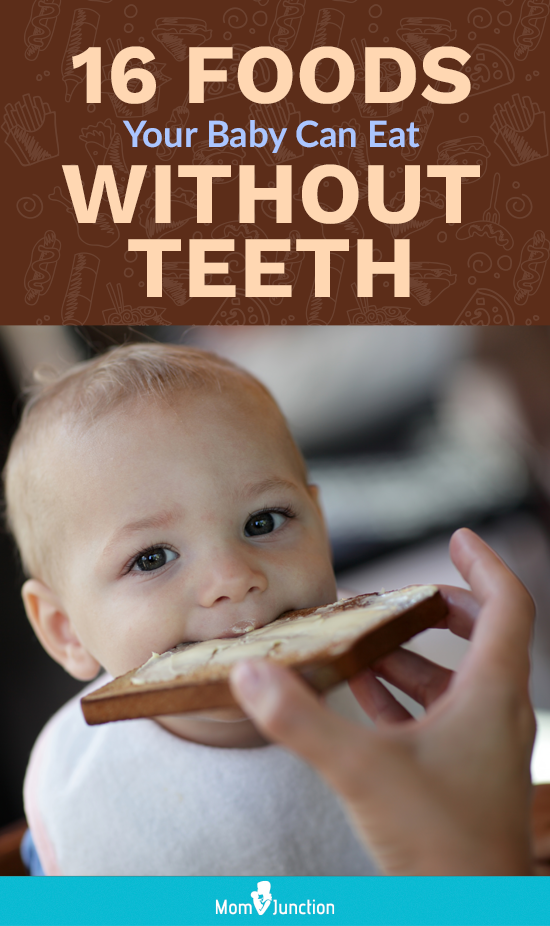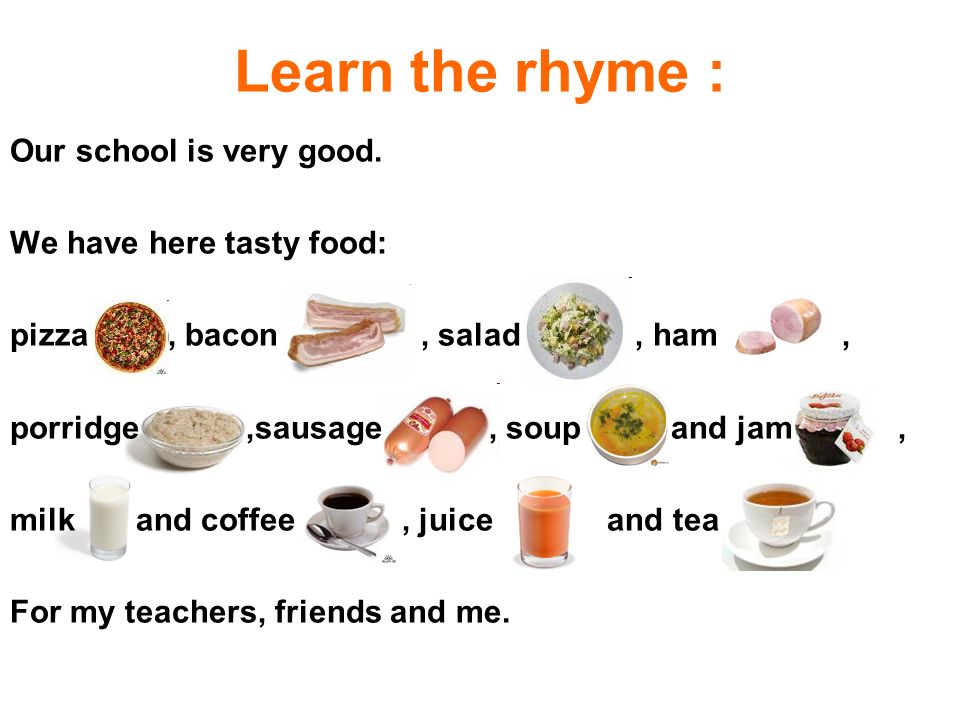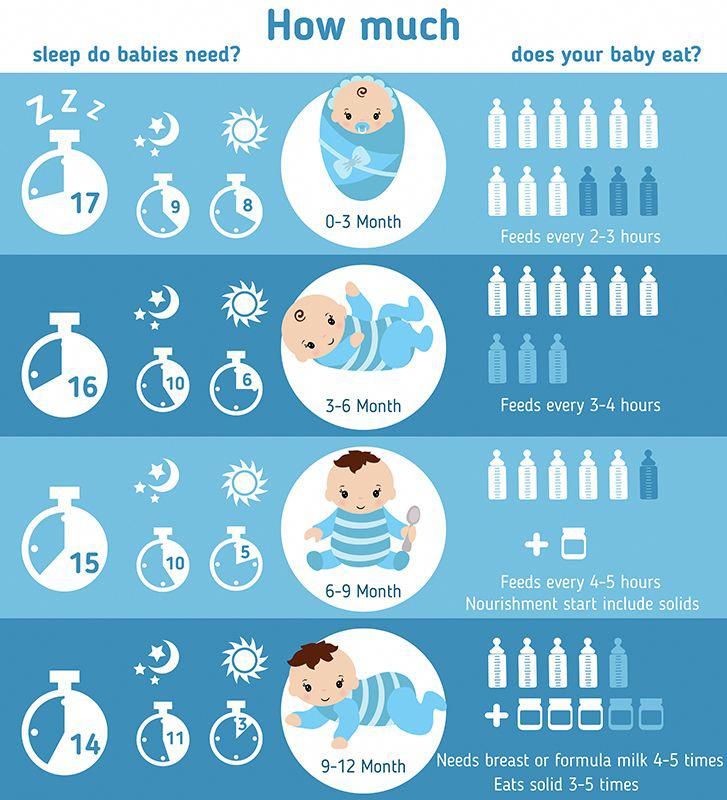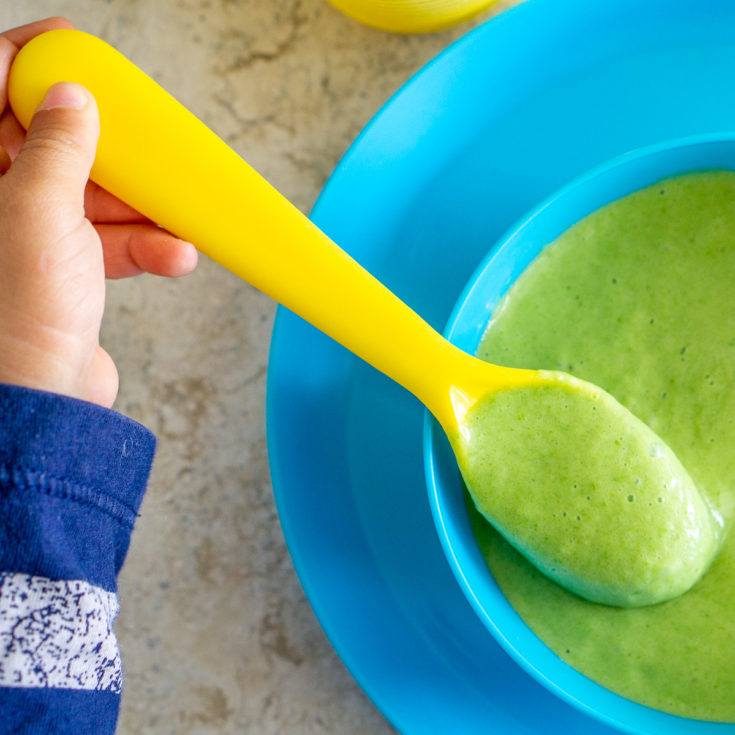Junk food during pregnancy can harm unborn baby
Harmful Effects Of Eating Junk Food During Pregnancy
From the moment your pregnancy test shows positive to the moment you welcome your baby in your arms your body undergoes tremendous constant changes. Every ounce of food that you eat while you are expecting plays a crucial role in the development of the fetus in your womb. From oily fried, chats, to ice cream at midnight, pregnant ladies have some pretty crazy food cravings during pregnancy and it is a common experience every pregnant lady has especially for unhealthy foods. It is hard not to give in to those cravings during your pregnancy. The extreme hormonal roller coaster ride that an expectant women experiences during this period is to be blamed for this. This intense hormonal changes plays a major role in altering your senses of taste and smell when you are expecting.
So even though potato chips were never your favorite, never be surprised about yourself if you find yourself drooling before a pack of Chips, or waking up at mid-night for a bunch of fries. Though there are plenty of excuses in support of these odd cravings but junk foods are always labeled as harmful. Moreover researchers have found that those would be mothers who have higher inclination towards eating junk food are more likely to have children with mental health problem. Consumption of junk food is also harmful for the women who are planning a baby in the near future. However, while some of the cravings are fine, craving for junk food can be hazardous to both mother and the developing baby. But before we go into the how’s and why of it let us understand what is junk food.
What is Junk Food?
Junk food what we normally understand is burgers, pizzas and pastas. However, the right definition of junk food is a food that doesn’t give anything to our body and is considered ‘trash’ by our body. So in reality if the food you eat has all the below mentioned things then the food you are eating is junk food.
- High Salt Quotient: Junk food is quite high in salt quotient as it has lots of mayonnaise and other sauces used to make it delicious and tempting.
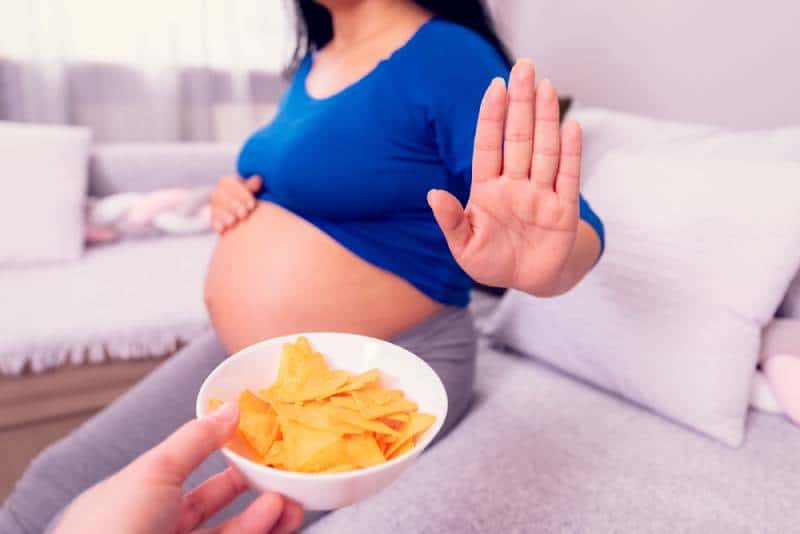 Not to forget the processed cheese that is again high in salt. Too much salt is not good during pregnancy as it can lead to water retention in the body resulting in swelling in the feet and hands. In addition, it can also lead to hypertension (high blood pressure) in pregnancy.
Not to forget the processed cheese that is again high in salt. Too much salt is not good during pregnancy as it can lead to water retention in the body resulting in swelling in the feet and hands. In addition, it can also lead to hypertension (high blood pressure) in pregnancy. - Absence of Fibre: During pregnancy it is quite essential to have loads of fibre so that you are not constipated and junk food does not have any fibre that can result in uncomfortable bowel moments during pregnancy. Putting pressure on your bowel movement may rupture the fetal bag.
- Sugar and Fat: Junk food is not only high in salt content, it is also high in sugar and fat content as well. For instance the French fries are loaded with oil and salt, the pizza and pasta sauces do have some amount of sugar in them, and then donuts – a classic example of a junk food loaded with both salt and sugar and loads of fat. Again too much sugar can lead to gestational diabetes during pregnancy and may also interfere with the healthy development of the baby.
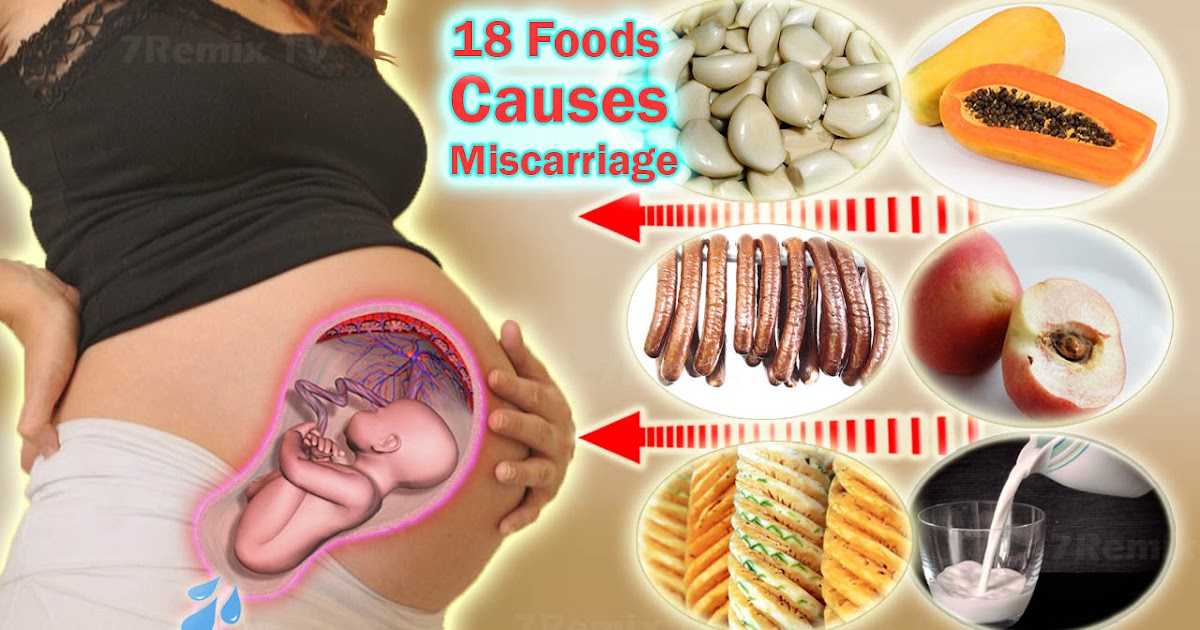 It is also believed that expecting mommies with gestational diabetes give birth to overweight baby
It is also believed that expecting mommies with gestational diabetes give birth to overweight baby
Harmful Effects of Junk Foods during Pregnancy
Junk foods though are great as an appetizer but it is as harmful as eating trash. It affects a normal person very easily so you can imagine how harmful the effect will be to a pregnant lady. This even creates a harsh effect on the baby inside the womb too. When an expecting mommy eats all those sugar and salt-rich foods which are undoubtedly less nutritive value, it is absorbed by the placenta as well. Thus, interfering with the healthy development and resulting in an obese baby or a baby with health disorders including mental health disorders as well.
It is undoubtedly bad to eat junk food in general and especially during pregnancy because if you are eating junk food regularly, you are putting your and your baby’s health at risk. You will gain unwanted and unhealthy weight that can pose problems during delivery, as the weight gain during pregnancy can’t be lost during the pregnancy.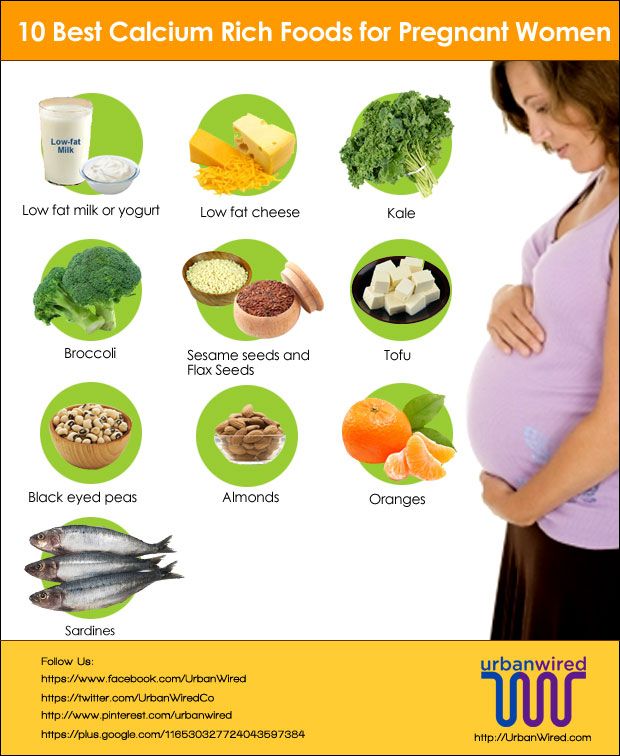 Following are the harmful effects of eating junk food during pregnancy.
Following are the harmful effects of eating junk food during pregnancy.
- Unhealthy and Unwanted Weight Gain: The most obvious effect of eating junk foods is weight gain. Junk foods can make a person overweight and obese easily. It has a significantly higher risk of serious complications in women body during pregnancy. The consequences can be high blood pressure or Hypertension, pregnancy induced hypertension, various birth defects. Hence, to minimize the risks, obese mothers should maintain the weight gain limit. Doctors often recommend couples to plan the pregnancy after having a fit and healthy body. Especially to the mothers. It becomes too much difficulty to carry an extra weight during the last few month if someone is obese. There are many cases of miscarriage happens at the last stage of pregnancy because of the obese period.
- Fetal Development: You may not know that a lack of protein during pregnancy interferes with the proper kidney development in the fetus.
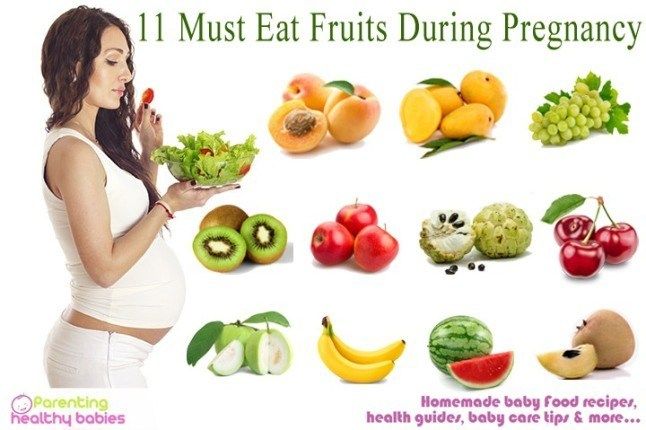 If you are having a protein deficient diet then the kidney of the offspring remain underdeveloped. So, this process causes a massive development of high blood pressure and renal disease as the babies while reaching to adulthood. Doctors say that the adult hypertension and coronary heart disease may happen by intrauterine exposure to poor nutrition.
If you are having a protein deficient diet then the kidney of the offspring remain underdeveloped. So, this process causes a massive development of high blood pressure and renal disease as the babies while reaching to adulthood. Doctors say that the adult hypertension and coronary heart disease may happen by intrauterine exposure to poor nutrition. - Increases the risk of premature delivery: Eating too much of junk food that has no fibre can put unnecessary pressure on bowel movement which may lead to rupture of your water bag thus terminating the pregnancy.
- Constipation: Constipation is another hazard that can lead to a termination of your pregnancy, as it put unnecessary pressure on your bowel movement
- Behaviour disorder: If you are too much into eating junk and oily foods during pregnancy, there are chances you may behave weirdly. Doctors say that childhood obesity is inter connected with the increased risk of depression, attention deficit disorder and obviously poor learning.
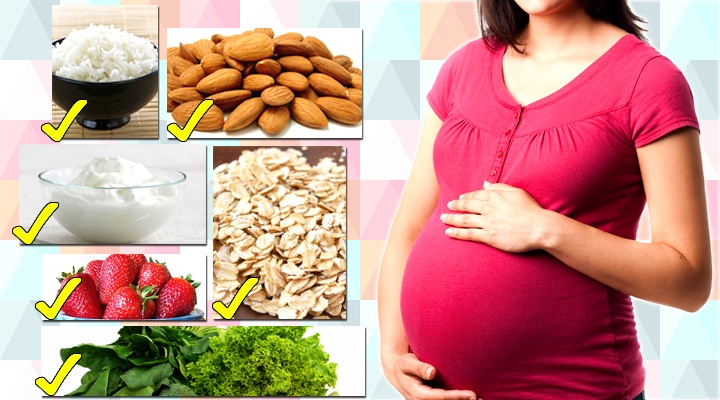 Many types of research say that pregnant women who eat doughnuts, chips, oily foods, candies too much, have a risk of defective child birth. Basically, the baby brain and mother’s brain to react in a different manner.
Many types of research say that pregnant women who eat doughnuts, chips, oily foods, candies too much, have a risk of defective child birth. Basically, the baby brain and mother’s brain to react in a different manner.
Is it safe to consume junk food in pregnancy?
Pregnancy craving might make it difficult for you to resist junk food. However, researchers have suggested that regular consumption of junk food can result in pregnancy complications and affect the future health of the baby. Therefore, if you are used to consuming such food before conception, pregnancy is the time to change the food preferences.
This would be beneficial not only during pregnancy but also for better health and wellbeing in the future both for you and the child. A healthy food habit during pregnancy could be the foundation stone of a healthy food habit and preferences of the child.
What is junk food?
These are fried and/ or processed food with very high calorie, salt and/ or sugar (often unrefined) content.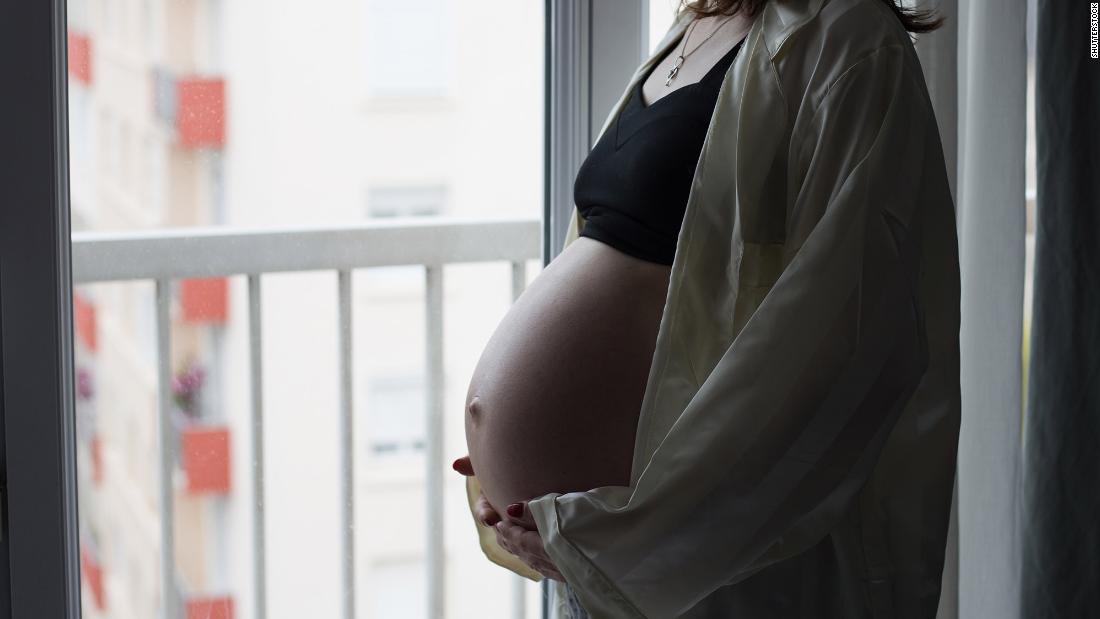 They usually have no or very minimal nutritional value.
They usually have no or very minimal nutritional value.
They do not contain necessary protein, fibre, vitamins and other micronutrients required for good health and wellbeing.
Commonly they are very rich in carbohydrate and fat. Therefore, regular consumption of junk food can make you prone to develop Type 2 Diabetes, Obesity, and cardiovascular disease.
They might also contain artificial flavours and food preservatives for delicious taste and longer shelf-life. Some of them can be harmful to health too when consumed in higher quantities.
Junk food is often slow to stimulate the brain’s satiety centre. As a result, people tend to consume them in big portion sizes. Due to its taste and appearance, many people often eat them quite frequently.
Junk food has grown popularity all across the world and all age groups, especially among young age groups. They are often cheap, easily available, convenient, and on-the-go food. Therefore, it is not surprising why this is so popular in this busy modern life.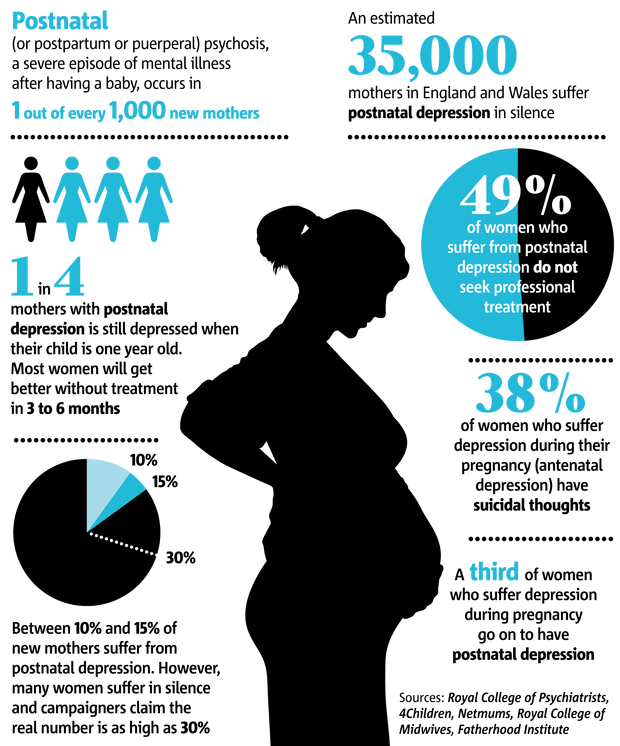
Moreover, as a result of huge marketing and advertising, its presence is quite significant in people’s mindset. Without a doubt, junk food is a serious health concern globally.
In this context, it is important to know about fast food and processed food.
Fast food is quicker to prepare and served when ordered. Apart from some exceptions (such as some healthy salads), fast food is usually of junk food category.
Processed food, on the other hand, are those which has been altered in some way. After manufacturing, they have packaged in boxes or cans and lines the supermarket shelves.
Although some processed foods are healthy (such as frozen fruits or pasteurised milk, or fortified grains), many of them could be detrimental to health. Therefore, utmost care should be taken when picking them up from the supermarket shelves or buying online.
Can the consumption of junk food before pregnancy cause a problem?
Some studies have revealed that the consumption of junk food can cause delay and difficulty in conceiving.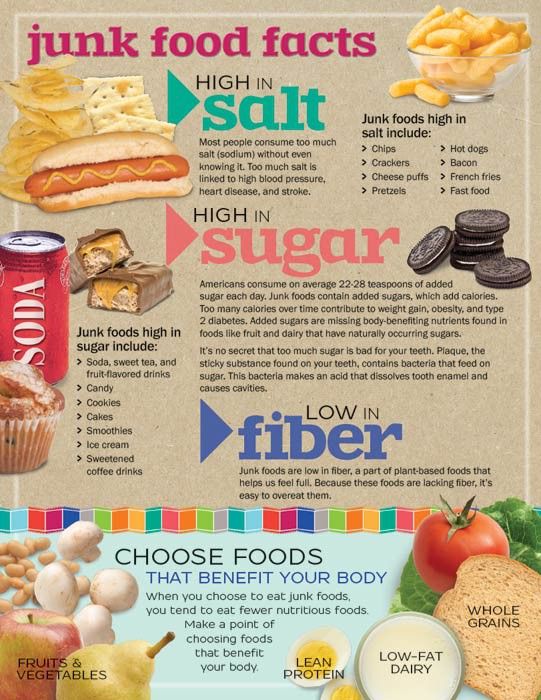
Moreover, pre-pregnancy consumption of fast food in large quantities may increase the risk of gestational diabetes.
Why junk food could be harmful during pregnancy?
1. Nutritional needs:
Good nutrition is the key to health and wellbeing during pregnancy. Junk food does not meet the nutritional requirements of pregnancy and breastfeeding.
2. Gestational weight gain:
Consuming large quantities of junk food may result in excessive gestational weight gain. This increases the risk of pregnancy complications, such as gestational diabetes, and body image issues.
3. Food-borne disease:
Exposure to poorly-cooked food and processed food can cause food poisoning and food-borne infections such as listeriosis.
How junk food affects the baby?
It is now well-known that events during pregnancy can shape and contribute future health of the child through a process known as ‘Fetal Programming’.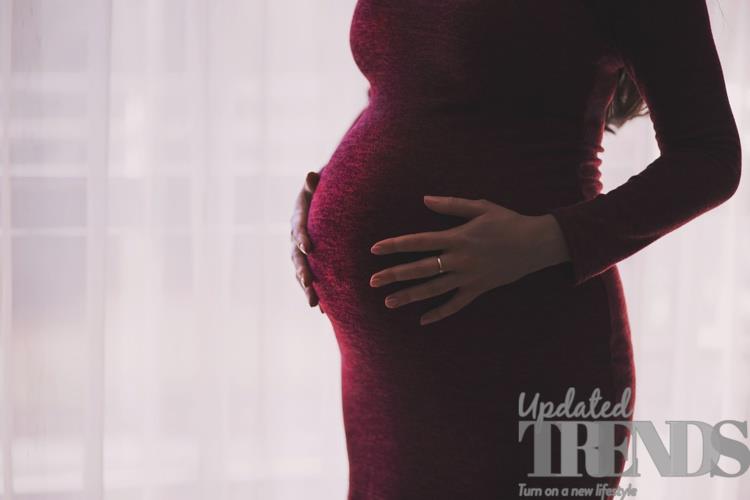
Consumption of junk food by the mother during pregnancy can contribute to future health problems of the child in the following way:
1. Altered food habit:
Research on animal models has shown that when high-fat and high sugar diets, then the babies develop a preference for such food later in life. The exact cause is not known but some changes in the baby’s brain neurological networks (such as the ‘reward system’) and metabolism could be responsible.
2. Risk of asthma and allergies:
Studies have shown that a very high sugar intake during pregnancy increases the risk of childhood asthma and allergy.
Therefore, added sugar (by the manufacturer or the consumer) in the food should be avoided or kept to a minimum during pregnancy. This includes sugar naturally present in food such as honey and unsweetened fruit juices.
3. Acrylamide exposure:
Research indicated that junk food during pregnancy can increase the risk of acrylamide exposure to the fetus. This is believed to cause intrauterine growth restriction. Acrylamide is also thought to be carcinogenic.
This is believed to cause intrauterine growth restriction. Acrylamide is also thought to be carcinogenic.
Acrylamide is formed when the food rich high in starch (for example, potatoes and bread) and baked/ cooked at very high temperatures. Therefore, could be present in food like potato chips and fries.
On a different note, acrylamide could be present in cigarette smoke.
4. Mental health problems:
There is some scientific evidence to suggest that consuming unhealthy food during pregnancy increases mental health conditions of the child.
5. Increased fetal weight (‘Big Baby’ or ‘Macrosomia’):
Pregnant mother’s diet high in junk food may result in increased fetal weight at birth. It is well known that high infant birth weight can slow down labour and increase chances of medical interventions (such as Caesarean section and instrumental deliveries).
Advice for pregnant women:
Pregnancy is a wonderful opportunity to reflect on the food habits and change to a healthy lifestyle.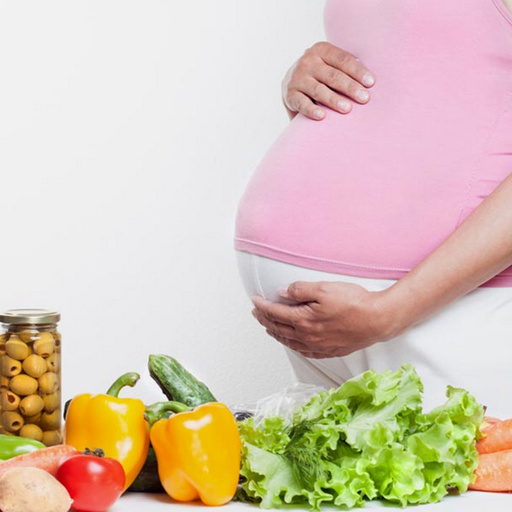 This would be beneficial not only to reduce pregnancy complications but also to reduce health problems for the child.
This would be beneficial not only to reduce pregnancy complications but also to reduce health problems for the child.
1. Avoid junk food whenever possible and should not be a part of regular meals.
2. Check the labels before buying processed food online or from the supermarkets.
For example, avoid buying canned food with syrup, salted water and brine. Rather look for the canned food with natural juice, plain/spring water or olive oil. Opt for low sugar and low-fat options, such as fat-free yoghurt and food with no added sugar. Avoid ready meals/ pre-cooked meals.
3. Avoid processed/ undercooked meat:
Take care when buying sandwiches/ burgers as they may contain undercooked meat or soft cheese. They can increase the risk of listeria.
4. Have healthy snacks.
5. If you still decide to have a high-calorie food then try to prepare this at home and keep the salt, sugar, fat and carbohydrate low. You do not have control over the ingredients of take-away food.
Nutrition of a pregnant woman
So, your plans and decisions to give birth to a child have come true - you are pregnant! But this news causes you a double feeling: - on the one hand, a feeling of joy, and on the other hand, a feeling of certain fear and even fear of unknown trials for your life and the fate of the unborn baby. What will he be like? - healthy, beautiful, happy?...
And this largely depends on the woman herself, on what lifestyle she will lead during pregnancy and, most importantly, how she will eat.
Nutrition of a woman in different periods of pregnancy
The main thing in the menu of a future mother is variety. She should consume foods from all food groups: meat, fish, vegetables and fruits, dairy products, bread and cereals.
A woman's nutrition during pregnancy can be roughly divided into three periods (trimesters).
If before pregnancy a woman ate normally, felt comfortable, did not experience allergies to any products, then it is not worth changing her diet at an early stage of the first trimester of pregnancy.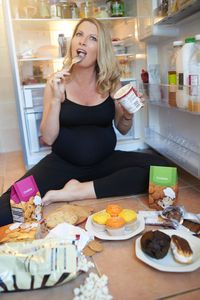
During this period, all organs and systems in the child's body are formed, tissues are formed. The body needs complete proteins and vitamins: lean meat (rabbit, chicken, turkey), fish and seafood, dairy products. Be sure to eat rice, fresh or frozen vegetables, seasonal fruits. In the first trimester, many expectant mothers are still working. No matter how difficult it is to control your diet in the workplace, you need to do it - find time for a full breakfast and lunch.
In the first trimester of pregnancy, there is an active restructuring of the body and adaptation to a new state. During this period, it is recommended to switch to a low-calorie diet, which includes more fruits, juices, decoctions of dried fruits, including rose hips. At the very beginning of pregnancy, especially if toxicosis torments, more frequent, but less plentiful meals are recommended.
Always keep a hematogen, a bag of nuts or dried fruit in your pocket to have a snack on the street. If your condition does not allow you to eat regular food, you should pay attention to baby food.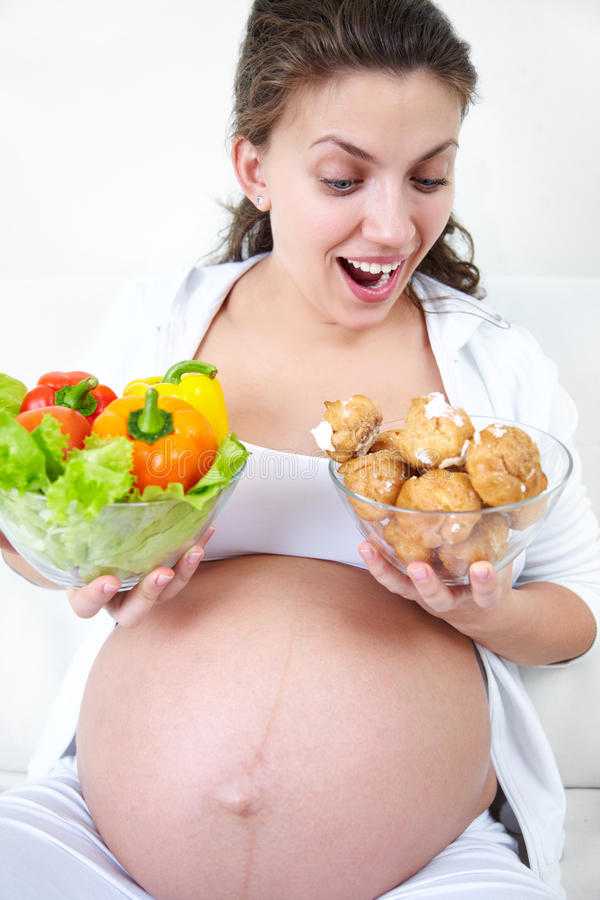 Baby products literally save expectant mothers suffering from severe toxicosis. These are boxed cereals, children's curds, cookies and fruit purees.
Baby products literally save expectant mothers suffering from severe toxicosis. These are boxed cereals, children's curds, cookies and fruit purees.
In the first trimester, special attention must be paid to the quality of products. Gradually abandon sauces, semi-finished products and canned food containing harmful chemical additives. Do not forget that the placenta freely accumulates and passes chemistry. The importance of products containing folic acid is great, without it intensive metabolism is impossible, its deficiency can cause developmental abnormalities. Folic acid is found in greens, nuts, white cabbage and broccoli, beets, legumes, and eggs.
According to nutritionists, the diet of pregnant women should be 300 kcal / day higher than that of non-pregnant women, but in the first trimester there is no need to increase the energy value of the diet at all; in the second trimester, an additional 340 kcal / day is required; in the third trimester - 452 kcal / day. Pregnant women generally get enough calories, and more than 80% of women achieve and even exceed the required weight gain. These extra calories benefit the fetus. An underweight woman should gain 16–20 kg during her entire pregnancy, an overweight woman about 7 kg, and a normal body weight of 11–12 kg.
In the second trimester there are active jumps in the height and weight of the baby and uterus, so the caloric content of the diet needs to be increased. It is desirable to eat more and better. At this time, the need for trace elements increases: iron, magnesium, zinc, selenium, calcium, potassium. The child creates his own "reserve" of trace elements using the mother's resource, which means that the mother should have enough of them for two.
Very often in pregnant women in the second trimester hemoglobin drops, this is a normal physiological phenomenon, if it is not threatening to health. You can increase hemoglobin by eating red meat, chicken, fish, dried fruits, pomegranates, green vegetables and fresh herbs, buckwheat, citrus fruits (oranges, grapefruits, pomelo, lemons), rosehip and berry infusions.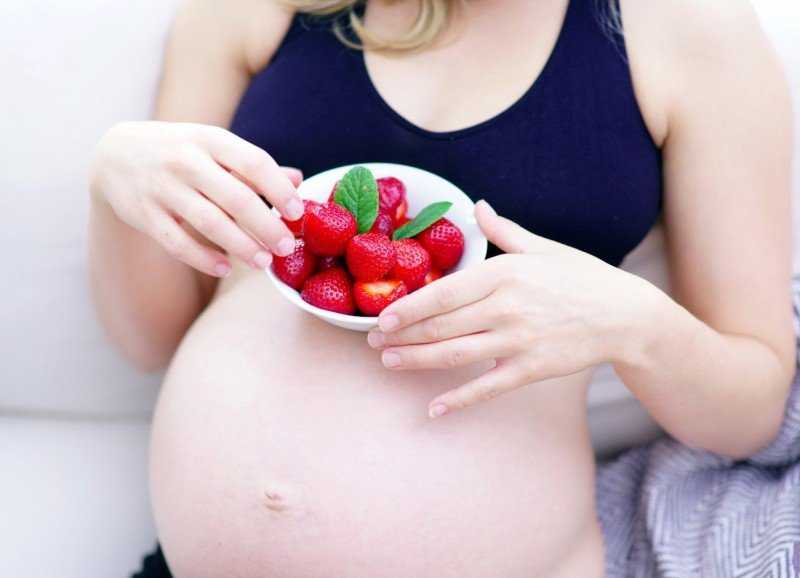
In the second trimester, a pregnant woman should limit the intake of smoked and fried foods, as well as salt in her diet. In no case should you limit the liquid. Pure water is the best drink for a pregnant woman, and water should be consumed up to 2-2.5 liters per day. Water is a natural drink for the body, it does not cause complications and has no contraindications. Edema is caused not by water, but by salt, which we not only add in its pure form, but also consume with canned food, mayonnaise, cheese, and sausage. The absence of salt is not harmful, it is naturally found in many products: vegetables, bread, so the diet will not remain completely without it. Excess salt disrupts metabolism.
During this period, you can increase the calorie content of food. Childbirth must be approached physically strong. It is better to eat meat and fish in the morning, for breakfast and lunch, and for dinner, prepare dairy and vegetable dishes: cheesecakes, stewed vegetables, cottage cheese and vegetable casseroles. It is necessary to minimize the intake of canned food, smoked meats, pickles and marinades, hot spices and fatty foods. Frequent walks in the air, physical activity are recommended.
In the third trimester, it is necessary to reduce the calorie content of foods at the expense of confectionery and flour products, eat less fatty meat, as well as cheese and sour cream.
By the end of this period, many experts advise pregnant women to give up meat altogether in order to increase tissue elasticity and prevent ruptures.
During the entire period of pregnancy, special attention should be paid to the combination of products. If you combine foods wisely, you can ensure more efficient absorption of food. If the food is digested poorly, then this can lead to rotting and fermentation of products and the formation of substances harmful to the body of the mother and child. In addition, the fermentation process is accompanied by gas formation, which can lead to flatulence (bloating) and discomfort. This is especially harmful in the last stages of pregnancy.
Try not to take the first, second and third course at the same time; this overflows the stomach and presses on the fetus, the food is poorly digested and poorly absorbed. Eat little and often. It is not recommended to eat immediately before starting work, a long walk, before charging and immediately after it; it is advisable to rest for 10 minutes before eating.
Eat only when you are hungry, try not to snack on the go. Follow the diet, eat at about the same time.
Proper preparation of food will help to maximize the useful substances contained in the products. Do not overcook food, try not to reheat the same dish several times, it is better to set aside only the portion that will be used. Cook in the most gentle way: baking, steaming, stewing. Avoid frying, boiling in large amounts of water, with this method of processing products, many useful substances are lost. If possible, do not cook for several days at once. Do not use aluminum cookware when cooking. Remember that for a pregnant woman, it is not calories that are important, but the quality of food, its naturalness, primarily a “living cell” (whole cereals, raw vegetables and fruits, fresh meat and dairy products).
What can harm the pregnant woman and the fetus
Smoking and alcohol – quit smoking from the first days of pregnancy, if you have smoked before, avoid "passive" smoking, and do not consume alcoholic beverages in any doses.
Lack of vitamins and microelements in the body - their absence or deficiency can lead to irreparable consequences. So, for example, iodine deficiency can lead to mental retardation of a child, folic acid deficiency - to severe fetal deformities, calcium deficiency - to a violation of the formation of the child's skeleton, iron deficiency - to anemia and a delay in the physical and neuropsychic development of the child. It is necessary to consult a doctor, perhaps he will recommend switching to iodized salt, as well as supplementing your diet with a vitamin-mineral complex and folic acid.
Excess weight is the risk of having a large child, which means the risk of complications during childbirth and the child's tendency to become obese at an older age.
The use of food additives (sauces, seasonings such as vegeta, bouillon cubes), exotic fruits, semi-finished products, carbonated drinks - the risk of allergies and anomalies in a child, unfortunately, increases.
Recommended for pregnant women:
- Do not eat hot dogs and other snacks containing meat that has not been heated on fire or boiled in boiling water.
- Avoid soft cheeses. Hard cheeses are safe.
- Do not eat raw frozen pies and meat pastes, seafood. Canned analogues are safe.
- Do not consume raw vegetables, unpasteurized juices, liver, meat, poultry and eggs that have not been sufficiently cooked. These products may contain Salmonella taxins.
- Limit sweets.
- In no case do not resort to starvation and various diets.
- Regularly monitor blood pressure and do not miss visits to the gynecologist.
Remember!
Your child's development and health depend on your diet and lifestyle during pregnancy!
Effects of smoking on pregnancy and fetal development
HOW SMOKING AFFECTS PREGNANCY
It is recommended that the expectant mother give up all bad habits during pregnancy. First of all, it concerns smoking. The fact is that the body of the future mother and baby are one. During this period, everything that harms the mother directly harms the child. At the same time, the baby's organs experience a lack of oxygen, which can cause developmental delays.
First of all, nicotine negatively affects the condition of the placenta. Under the influence of toxic cigarette smoke, blood circulation is disrupted, which leads to a decrease in the size and deformation of the placenta. Due to insufficient blood supply, the organ loses its elasticity, the walls become thinner. The constant presence of nicotine in the body leads to premature maturation of the placenta, and is also the cause of placental abruption in early pregnancy. These conditions often lead to miscarriage or fetal death.
Nicotine causes a person to have a rapid heartbeat. At the same time, just one smoked cigarette makes the pregnant woman's heart beat faster 10 times per minute. And in the fetus at this moment, on the contrary, the work of the heart slows down.
In addition, nicotine penetrates the brain of the expectant mother and blocks the natural processes in the need for food. The amount of vitamins necessary for normal nutrition, which affects the development of the embryo, is disturbed. This leads to health problems for the unborn child.
WHAT IS NICOTINE DANGEROUS FOR THE FUTURE BABY'S BODIES?
Smoking is especially dangerous for baby's organs. It is worth considering in more detail the effect of nicotine on individual organs.
Light. Due to the high content of tobacco smoke in the mother's body during pregnancy, the baby's lungs do not have time to form properly. This leads to the fact that after birth the baby cannot breathe on its own, to maintain its life it is necessary to use special artificial respiration apparatuses. Moreover, there is a possibility that pulmonary diseases may occur in the future.
Heart. Smoking in the first trimester of pregnancy can lead to disruption of the formation of the cardiovascular system of the embryo. It is during this period that all vital organs are formed in the fetus.
Formation of the central system. Experts say that alcohol, nicotine and other bad habits have a negative impact on the formation of intrauterine development of the spinal cord and brain. A child after birth becomes capricious, reflex functions are disturbed, he cannot eat and sleep normally.
The development of mental retardation is especially dangerous. During pregnancy, nicotine is able to penetrate the brain cells and disrupt their development, which is further manifested by dementia, poor memory and the level of intelligence of the child.
The components of tobacco smoke affect the nervous system and the work of the endocrine glands, the violation of which leads to abnormal formation of the skull of the embryo. The consequences of this are such diagnoses as "cleft lip" or "cleft palate".
Sex organs. The germ cells of the fetus can also be damaged under the constant influence of nicotine. This means that girls may have problems with reproductive function in the future, and boys with the formation of sperm.
Thus, the effect of nicotine on the development of various pathologies after birth. It also complicates the bearing of the fetus. There is a high probability of loss of the embryo during pregnancy, as the body of the expectant mother loses the ability to absorb nutrients.
In addition to the fact that the effect of nicotine on the development of the fetus has a negative effect, it can also lead to such consequences as:
miscarriage;
severe toxicosis;
difficult childbirth.
The number of cigarettes smoked per day is important. The larger it is, the more harm is done to the health of the mother and fetus. Scientists have proven that women with nicotine addiction give birth to children with less weight (an average of 200 g) than non-smokers.
HOW TO GIVE UP A BAD HABITS?
As soon as a woman finds out about her interesting situation, she should correct her lifestyle as soon as possible. This is especially true for bad habits. Now the main thing is the favorable development of the embryo during pregnancy. If during the period of conception the bad habit was still present in life, now it must be eradicated as soon as possible.
Cigarette smoke and its toxins are especially harmful to the baby. Try to stop smoking immediately. Think that your baby will not breathe air, but poisonous gas. Motivate yourself with fetal health.
For greater efficiency, it is recommended to do the following:
limit contact with people who smoke in order to avoid temptation;
walk outdoors more often;
remove all cigarettes from the house;
exercise more often.
No less harmful to health are cigarette smoke and its toxins produced by passive smoking.




